Here is a useful bit of counterfactual history to think on right now:
Imagine a world in which Saddam Hussein had been … smart.
If you were not around for the events that followed the Iraqi invasion of Kuwait in 1990, you may not appreciate how powerfully the U.S. response—Operation Desert Storm, launched in January 1991—shocked not only the Middle East but the entire world. Bush may have been too bipartisan and accommodating (that broken tax pledge!) for some of his detractors on the right, but he was, and arguably remains, the most capable man to serve in the U.S. presidency since Dwight Eisenhower. He quickly assembled a wide-ranging coalition—his intelligent maneuvering to keep the Israelis on the sidelines enabled a multi-nation response that included not only NATO members but also Saudi Arabia, Egypt, and Syria—and, apparently having exorcised the ghosts of Vietnam when no one was looking, handed the Iraqis a beating that made war look like a weekend outing. Every intelligent observer knew the Americans would rout the Iraqis, but the extraordinary lopsidedness of the fight was something of a wake-up call from Tehran to Brussels, to say nothing of Moscow and Beijing.
The American assault on retreating Iraqi forces in late February 1991—not quite as brutal as legend has it, but an unsentimental move—put an exclamation mark at the end of the sentence. A more intelligent kind of dictator, having received a beating that humiliatingly effortless, might have changed his course, and if Saddam Hussein had sobered up and decided that Lee Kuan Yew might be a better role model than Joseph Stalin—well, he could have kept the mustache and might have ended up dying in bed in a wealthier, more secure Iraq.
There is more than one way to do regime change. In Iraq, the United States ended up invading and occupying the country, deposing Saddam Hussein, and trying and failing to set up a durable reform and reconstruction project along the lines of what was done in postwar Japan. Now lacking the appetite for such multigenerational projects, the United States left Iraq free of one brutal caudillo but subject to a series of setbacks and disasters: Baathist revanchism, the Islamic State, Iranian interference. Iraq is better off today than it was under Saddam Hussein (a very low bar to clear), but the overthrow of that earlier regime did not produce the results the United States wanted.
Another way of saying this is that when it comes to regime change, the change is more important than the regime.
The Israeli and American assaults on Iran have conspicuously spared the political leaders of the so-called Islamic republic. The Israelis have shown that they can get to almost anybody in Iran they choose, and it is difficult to conclude that this has been anything other than an intentional choice. The Trump administration’s forswearing of an Iraq-style occupation and the president’s characteristically barstool-level talk about not killing Iranian leader Ali Khamenei “at least not for now” underlines that choice, if in crayon.
The message in that seems clear enough: What Israel and the United States expect from Iran is regime change—a change in the character and the behavior of the regime, if not in its personnel. When the ayatollahs greenlit the brutal attack on Israeli civilians on October 7, 2023, they obviously miscalculated the response, probably in the mistaken belief that Benjamin Netanyahu’s difficult political position and the United States’ post-Iraq nausea at the prospect of another Middle Eastern entanglement would keep the superior military forces of their enemies on a political leash. Instead, Iran has been deprived of its main proxies (Hamas and Hezbollah) and their critical base of operations in Gaza, and now its nuclear facilities have suffered a direct U.S. attack—the efficacy of which remains unknown as the Trump administration and the Defense Intelligence Agency offer different evaluations.
Israel is a thriving democracy with a sophisticated high-tech economy. The United Arab Emirates, Qatar, and other Gulf states have followed a path that we might describe as liberal authoritarianism—not much in the way of political rights but oriented toward trade, investment, economic development, and a more widely shared prosperity. Saudi Arabia under Crown Prince Mohammed bin Salman has followed a reformist path as well, if not as deeply or as quickly as many in the West would prefer. Iran is neither Arab nor a monarchy, but the Arab monarchies provide potentially instructive models for would-be reformers there.
As it stands, Iran remains stuck in the quagmire of its outmoded revolutionary ideologies, partly informed by Islamist radicalism and partly (more than many U.S. observers seem to appreciate) by a more familiar left-wing sensibility subsumed within its revolutionary dogma, nationalist ideologies of the kind associated with 20th century Third World liberationist movements, and other elements. Pro-market autocracy along Emirati lines is far from ideal, but similar models have produced their share of long-term success stories, too: Singapore, Chile, the Republic of Korea. Spain and Portugal both had been under nationalist military dictatorships during my lifetime but grew more democratic and more free as they grew more prosperous. None of that should be taken as minimizing the horrific abuses of an Augusto Pinochet or a Chun Doo-hwan, and the counterexample of China is a very prominent reminder that while a little bit of capitalism can do miracles, it is no guarantee of more general liberty. But Iran does not need to become Switzerland by Friday to begin the process of becoming a more normal, more prosperous, happier country that is better integrated into the wider world order.
If the Tehran regime should change without being subjected to “regime change” per se, nobody would be better pleased than Iran’s supposed enemies in Israel and the United States—nobody except, perhaps, the Iranian people, who have been taking it in the neck for far too long.
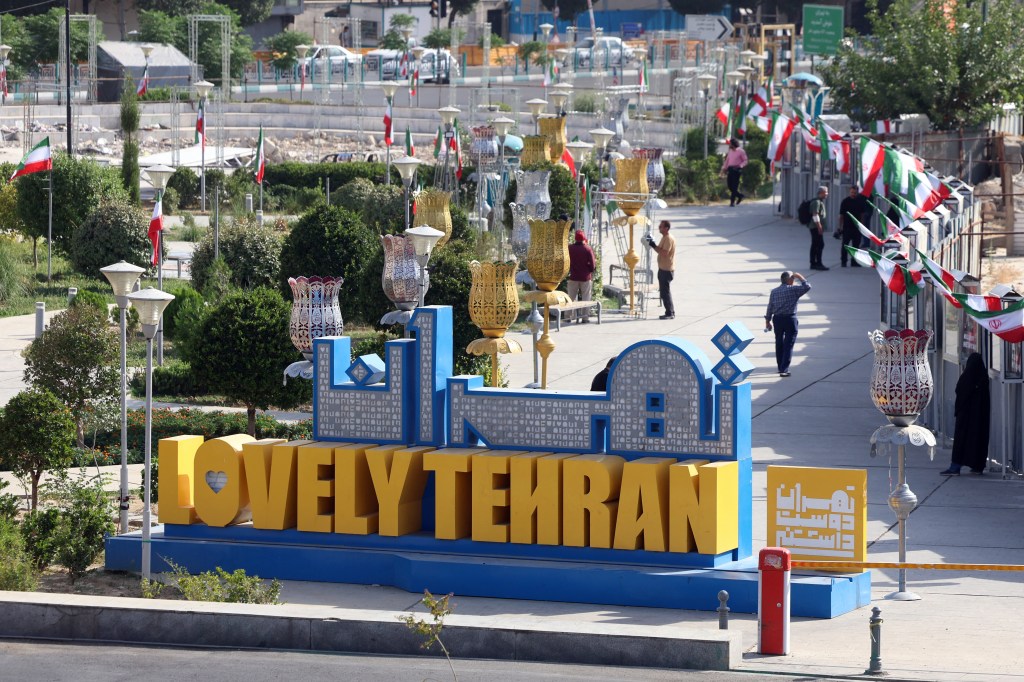

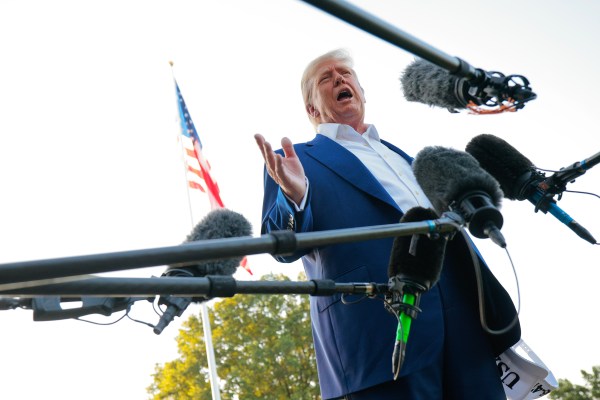
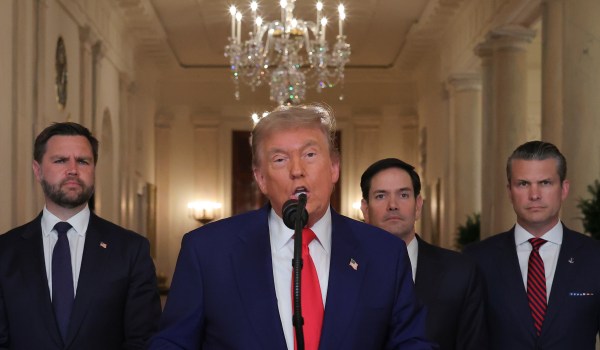
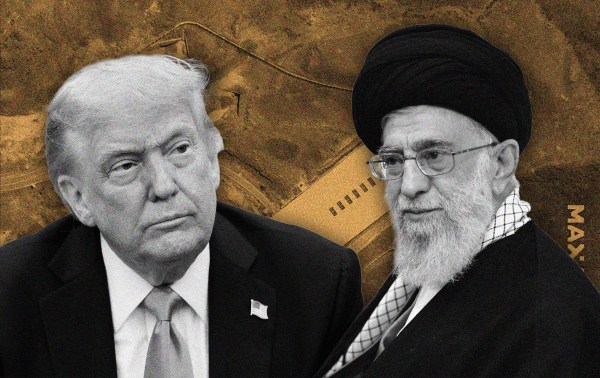
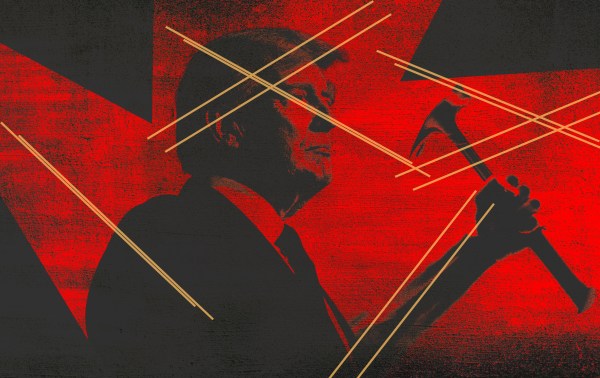

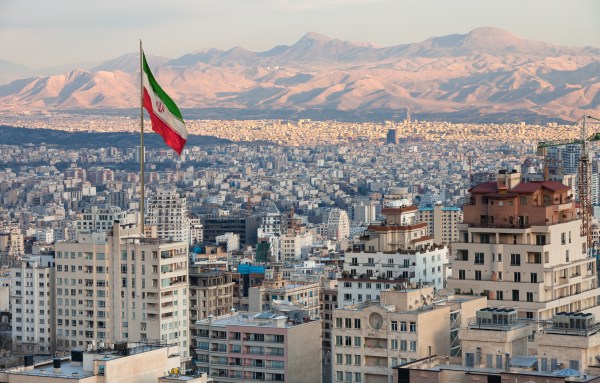


Please note that we at The Dispatch hold ourselves, our work, and our commenters to a higher standard than other places on the internet. We welcome comments that foster genuine debate or discussion—including comments critical of us or our work—but responses that include ad hominem attacks on fellow Dispatch members or are intended to stoke fear and anger may be moderated.
With your membership, you only have the ability to comment on The Morning Dispatch articles. Consider upgrading to join the conversation everywhere.